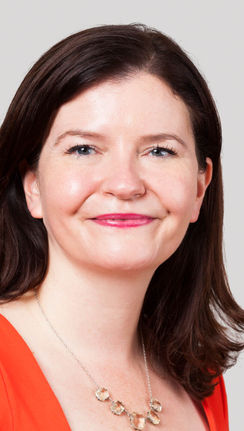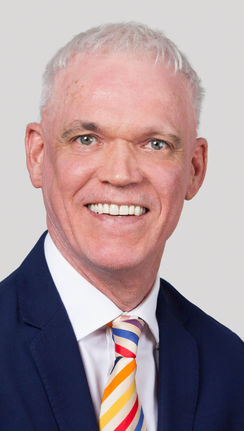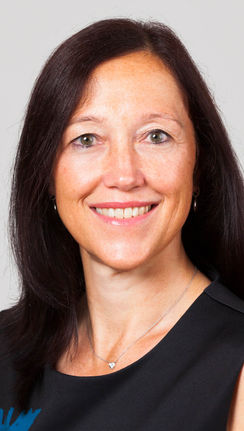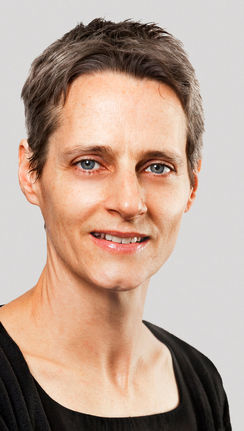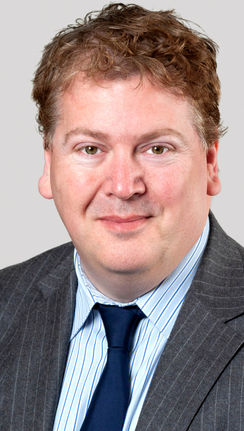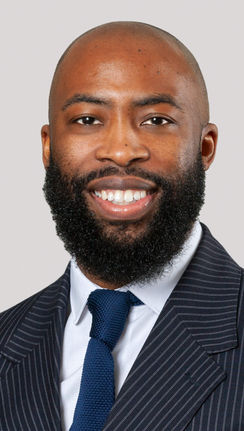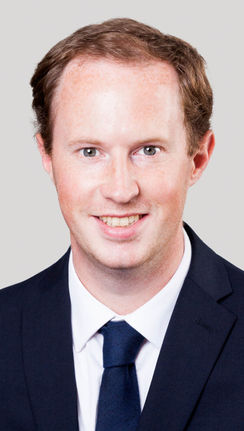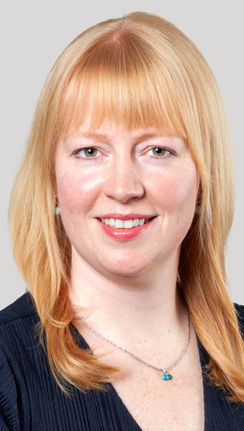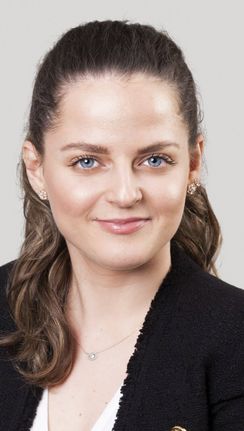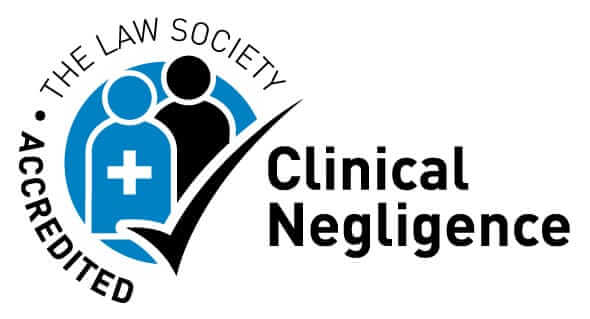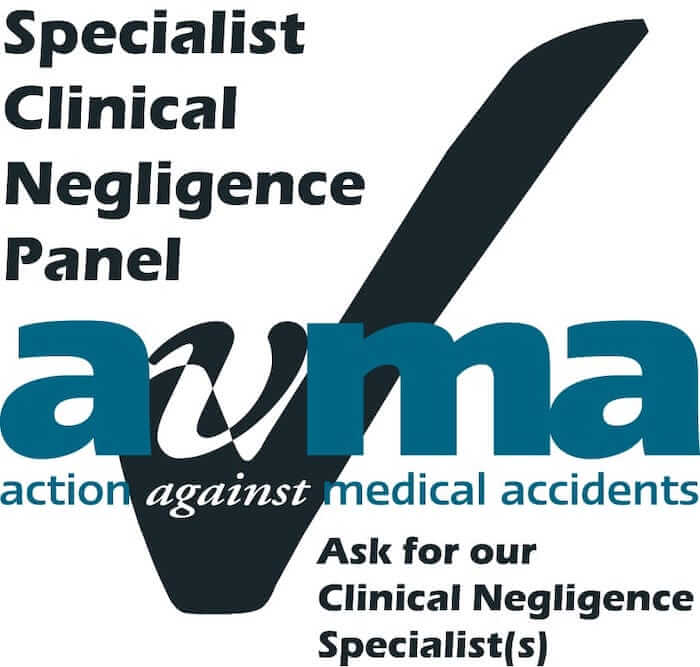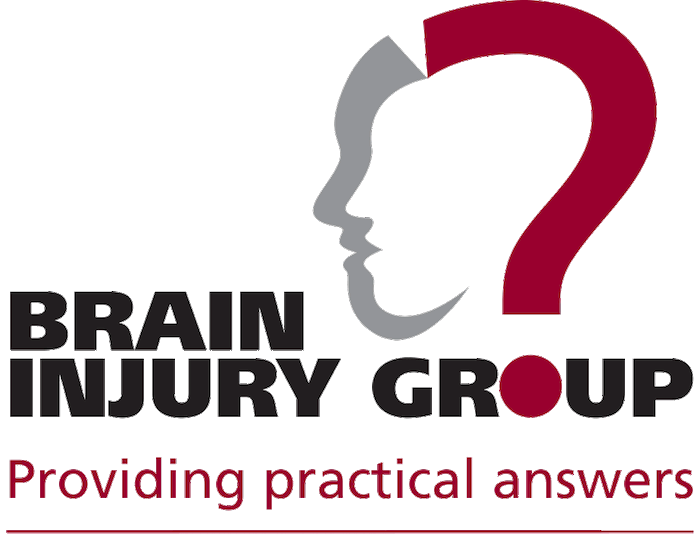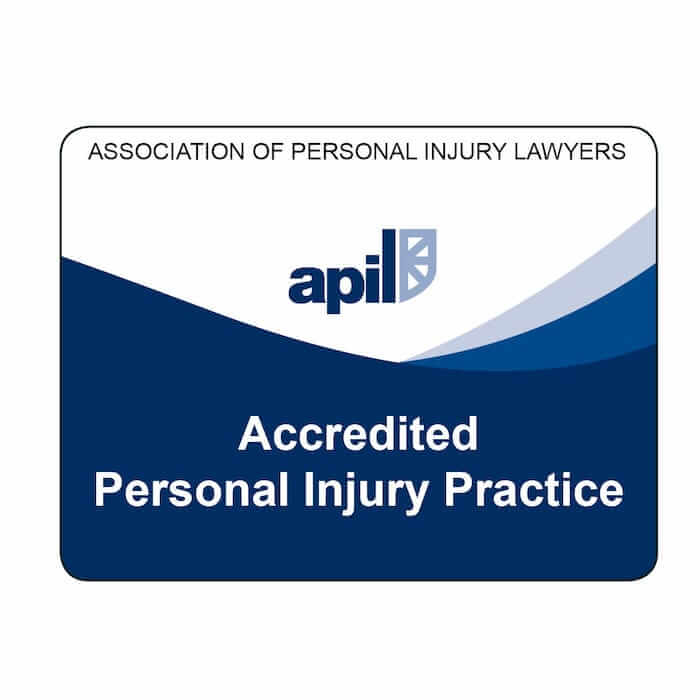Never Event Compensation Claims
Many accidents that happen, whether that’s in public, in the workplace, or at home, are preventable. But in some cases, accidents take place that just should not have happened. These are known as Never Events.
Never Events are accidents that have occurred due to errors. They are defined the NHS as “serious, largely preventable patient safety incidents that should not occur if the available preventative measures have been implemented”.
To ensure such events are minimised, the NHS has a reporting programme, which is overseen by a body called NHS Improvement – a move and a dedication to patient safety and wellbeing that is very much welcomed.
However, unlike in other countries, we believe that the UK isn’t going far enough, restricting the list in some ways when compared to that seen in the USA and other nations.
 “Excellent team, with plenty of medical experience behind it, as well as involvement in some of the biggest cases. They are an excellent firm for individuals, and will go the extra distance for them.” – Legal 500, 2025
“Excellent team, with plenty of medical experience behind it, as well as involvement in some of the biggest cases. They are an excellent firm for individuals, and will go the extra distance for them.” – Legal 500, 2025
 The team has been ranked in the Chambers & Partners 2025 legal directory. “Hodge Jones and Allen work incredibly diligently to get the outcomes their cases require and show serious commitment to the social justice outcomes of their work.”
The team has been ranked in the Chambers & Partners 2025 legal directory. “Hodge Jones and Allen work incredibly diligently to get the outcomes their cases require and show serious commitment to the social justice outcomes of their work.”
we can help.
0330 822 3451Contact our specialist team today for a free initial telephone consultation about the process and your options. Free 24 hours a day.
request a call back.
Never Events in the UK
The current list of NHS Never Events is as follows:
- Wrong site surgery
- Retained instrument post-operation
- Wrong route administration of chemotherapy
- Misplaced naso or orogastric tube not detected prior to use
- Inpatient suicide using non-collapsible rails
- Escape from within the secure perimeter of medium or high secure mental health services by patients who are transferred prisoners
- In-hospital maternal death from post-partum haemorrhage after elective caesarean section
- Intravenous administration of mis-selected concentrated potassium chloride
The NHS has also begun to publish Never Event data online. Some 380 incidents of Never Events were reported in 2016/2017, which is a decrease from 442 incidents in 2015/2016.
However, the issue is not the number of incidents but making sure all incidents are reported. This number may increase each year as hospitals become more comfortable with reporting safety issues.
Never Events in the USA
While we appreciate the NHS doing all it can to improve transparency, it still has some way to go to match that seen with regards to Never Events in the USA.
The National Quality Forum in the USA is not a government body in the same way that the NHS is. However, it does represent a large number of Private healthcare providers, government health agencies, medical device companies, and other quality improvement organisations.
The current list of Never Events in the US includes:
- Artificial insemination with the wrong donor sperm or donor egg
- Unintended retention of a foreign body in a patient after surgery or other procedure
- Patient death or serious disability associated with patient elopement (disappearance)
- Patient death or serious disability associated with a medication error (e.g., errors involving the wrong drug, wrong dose, wrong patient, wrong time, wrong rate, wrong preparation or wrong route of administration)
- Patient death or serious disability associated with a haemolytic reaction due to the administration of ABO/HLA-incompatible blood or blood products
- Patient death or serious disability associated with an electric shock or elective cardioversion while being cared for in a healthcare facility
- Patient death or serious disability associated with a fall while being cared for in a healthcare facility
- Surgery performed on the wrong body part
- Surgery performed on the wrong patient
- Wrong surgical procedure performed on a patient
- Intraoperative or immediately post-operative death in an ASA Class I patient
- Patient death or serious disability associated with the use of contaminated drugs, devices, or biologics provided by the healthcare facility
- Patient death or serious disability associated with the use or function of a device in patient care, in which the device is used or functions other than as intended
- Patient death or serious disability associated with intravascular air embolism that occurs while being cared for in a healthcare facility
- Infant discharged to the wrong person
- Patient suicide, or attempted suicide resulting in serious disability, while being cared for in a healthcare facility
- Maternal death or serious disability associated with labour or delivery in a low-risk pregnancy while being cared for in a health care facility
- Patient death or serious disability associated with hypoglycaemia, the onset of which occurs while the patient is being cared for in a healthcare facility
- Death or serious disability (kernicterus) associated with failure to identify and treat hyperbilirubinemia in neonates
- Stage 3 or 4 pressure ulcers acquired after admission to a healthcare facility
- Patient death or serious disability due to spinal manipulative therapy
- Any incident in which a line designated for oxygen or other gas to be delivered to a patient contains the wrong gas or is contaminated by toxic substances
- Patient death or serious disability associated with a burn incurred from any source while being cared for in a healthcare facility
- Patient death or serious disability associated with the use of restraints or bedrails while being cared for in a healthcare facility
- Any instance of care ordered by or provided by someone impersonating a physician, nurse, pharmacist, or other licensed healthcare provider
- Abduction of a patient of any age
- Sexual assault on a patient within or on the grounds of the healthcare facility
- Death or significant injury of a patient or staff member resulting from a physical assault (i.e., battery) that occurs within or on the grounds of the healthcare facility.
Hodge Jones and Allen Solicitors welcome transparency in the NHS and hope that hospitals can adopt a no blame culture where reporting of Never Events is actively encouraged, to allow these incidents to be used to educate staff and reduce avoidable harm.
We also hope that as the system develops, the NHS list of Never Events can be expanded to match the standards of the American reporting system. This is likely to improve safety for patients and also increase the skills and knowledge of dedicated NHS staff.





